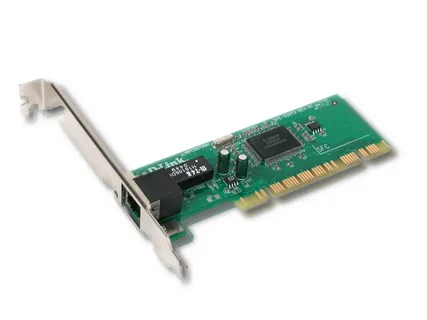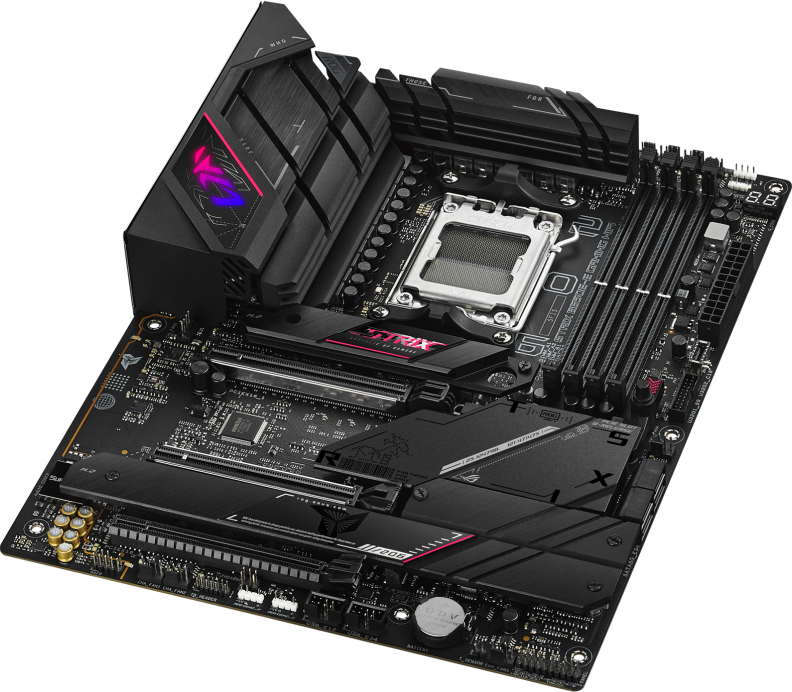Why Choosing the Best Network Adapter Is Key to Faster Connectivity

Strong 8k brings an ultra-HD IPTV experience to your living room and your pocket.
In today’s fast-paced digital environment, high-speed internet is no longer a luxury—it’s a necessity. Whether you're streaming 4K videos, gaming competitively, working remotely, or joining video conferences, stable and fast internet access can make or break your experience. While many users focus on routers and service plans to boost speed, the actual performance often hinges on a crucial component: the network adapter.
What Is a Network Adapter?
A network adapter is a hardware device that allows a computer or other electronic device to connect to a network. It can be either built-in or external and is available in both wired and wireless versions. In essence, it acts as a translator between your device and the data that flows through your internet or local area network (LAN).
There are various types of network adapters designed for different purposes:
Ethernet (Wired) Adapters: Provide reliable, high-speed connections and are ideal for desktops or workstations.
Wi-Fi (Wireless) Adapters: Allow mobile and stationary devices to connect wirelessly, offering convenience and flexibility.
USB Network Adapters: Plug-and-play devices that are useful for laptops or PCs without built-in Wi-Fi.
Bluetooth Adapters: Used for short-range wireless communication, not for internet connectivity.
Why Your Choice of Adapter Matters
The speed and stability of your internet connection are only as good as the weakest link in your setup. Even if you pay for ultra-fast broadband and use the latest router, a low-quality or outdated adapter can hold back performance.
Older adapters may not support modern wireless standards like Wi-Fi 5 (802.11ac) or Wi-Fi 6 (802.11ax), meaning they can't keep up with current data speeds. Similarly, Ethernet adapters that only handle 100 Mbps can bottleneck a gigabit internet connection.
How to Choose the Best Network Adapter
When looking for the best network adapter, there are several factors to consider depending on how you use your internet connection. Here’s a breakdown of what to evaluate:
1. Connection Type
Do you prefer the stability of a wired connection or the convenience of Wi-Fi? Wired Ethernet adapters are perfect for gaming and streaming, while Wi-Fi adapters are better for flexible placement.
2. Speed Compatibility
Match the adapter with your internet plan. If you have 1 Gbps broadband, get a gigabit Ethernet or Wi-Fi 6 adapter to enjoy the full speed.
3. Frequency Bands
For wireless adapters, dual-band (2.4GHz and 5GHz) or tri-band support helps reduce interference and congestion in busy networks.
4. Interface and Form Factor
PCIe: High performance, great for desktops.
USB 3.0/3.1: Portable and easy to install.
M.2/NGFF: Found in compact laptops.
5. Antenna Design
External antennas offer better range and signal strength compared to internal ones.
6. OS Compatibility
Ensure driver support for Windows, macOS, or Linux before purchasing.
Performance Advantages
Upgrading your network adapter can drastically improve your online experience. Benefits include:
Increased Internet Speed
A modern adapter allows you to take full advantage of your broadband plan.
Improved Signal Strength
Especially important for Wi-Fi users working in areas far from the router.
Lower Latency
Essential for online gaming and real-time collaboration tools.
Better Device Compatibility
Adapters that support modern standards ensure compatibility with the latest routers and modems.
Popular Network Adapter Options
Here are some popular choices in 2025 across different categories:
For Wired Connections
TP-Link TG-3468: Affordable PCIe gigabit adapter.
Intel i225-V: Offers 2.5G Ethernet for ultra-fast LAN use.
For Wi-Fi Performance
ASUS PCE-AX3000: Wi-Fi 6 PCIe adapter with Bluetooth 5.
TP-Link Archer T4U: USB 3.0 adapter supporting dual-band Wi-Fi.
Portable and Plug-and-Play
Netgear A6150: Compact USB adapter with AC1200 support.
Edimax EW-7833UAC: Features high gain antennas for range extension.
Installation Tips
Most adapters are easy to install. For PCIe cards, open your desktop’s case and insert the adapter into an available PCIe slot. USB adapters require no more than plugging them in. Always download and install the latest drivers from the manufacturer’s website for optimal performance.
For wireless adapters, connect to your desired network and enter the password. For wired connections, just plug in the Ethernet cable and you're ready to go.
Troubleshooting and Optimization
If Your Adapter Isn’t Working:
Check if the driver is properly installed.
Make sure the adapter is enabled in device settings.
Switch USB ports or slots to rule out hardware issues.
To Improve Performance:
Use the 5GHz band to avoid interference.
Position external antennas for better reception.
Disable older protocols in network settings (e.g., 802.11b/g).
Wired vs Wireless: Which Is Better?
Feature Wired Adapter Wireless Adapter
Speed Higher (up to 10 Gbps) Depends on Wi-Fi standard
Stability Very stable Can fluctuate
Mobility Fixed location Portable
Interference None Susceptible to obstacles
Setup Requires cabling Plug-and-play
For fixed setups like gaming or video editing, go wired. For mobility and general use, a Wi-Fi adapter is more convenient.
When to Upgrade Your Adapter
Consider upgrading your network adapter if:
Your internet speed is significantly higher than what your current adapter supports.
You experience frequent disconnections or slow speeds.
Your adapter doesn’t support newer Wi-Fi standards like 802.11ac or 802.11ax.
You're moving from a wired to a wireless setup (or vice versa).
Future-Proofing Your Network Setup
Technology evolves quickly. Buying an adapter with support for Wi-Fi 6 or multi-gig Ethernet ensures you’re ready for future internet plans and devices. It also guarantees better performance with smart home setups, game consoles, and 4K or 8K streaming services.
Final Thoughts
Upgrading your home or office internet setup starts with understanding how data flows between your device and the web. While most people upgrade routers or change providers, few consider that the bottleneck might actually lie in their current network adapter. Choosing the right one ensures that your expensive internet plan performs at its best.
If you want long-term performance, fewer connection drops, and faster browsing speeds, investing in the buy network adapter for your setup is a smart, cost-effective solution.
Note: IndiBlogHub features both user-submitted and editorial content. We do not verify third-party contributions. Read our Disclaimer and Privacy Policyfor details.




